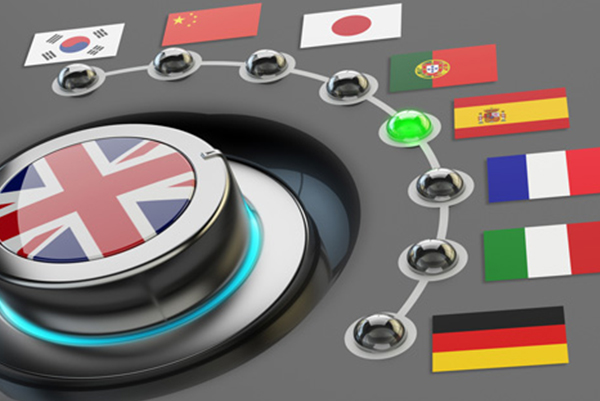As a result of an overwhelmingly rapid progress in the fields of communication and transportation, boundaries have become more flexible than ever before to facilitate the unstoppable process of globalization. People now are moving across borders more frequently for a number of reasons such as studies, businesses and employment, etc. For instance, sports teams across the world now have more foreign players than ever before. Similarly, the classrooms are increasingly diverse and workplaces also cater to workers with different cultural backgrounds. In all these instances, language barriers are perhaps the most critical of all other barriers as they create communication that is contrary to the overall demeanor of this age. Hence, the first and foremost concern of all coaches, teachers and bosses around the world today is to bridge this gap. As it turns out, translation of languages is the best and the most convenient way to bridge this cultural gap.
The recent migration crisis serves as a perfect example to explain how a massive displacement or exodus can create a rather volatile situation where lingual difference can spark a massive eruption of violence and unrest. The inability to speak a local language can result in doubt and hatred. This sense of alienation can only be removed by translation of one language into another and the introduction one civilization to another.
Although there is only a meagre realization of the importance of translation as a bridge between civilizations, and research is almost non-existent, recent observations have shown that translation plays a life-saving role in war torn regions.
Even the manner in which something is translated can make a huge difference in observing social justice practices within a multi-cultural or ethnically divided society. In certain areas, it is rather painful custom to discourage a social group on the basis of ethnicity, caste or gender. In such conditions, a balanced translation can make up for the discontent of the target social group. However, a bad and biased translation, based on the intent of glorifying the superiority of a majority can create further devastation. It can promote social inequality by amplifying the supremacy of a dominant group.
Extinction of languages is another major crisis of the cultural forefronts across the world. As predicted by UNESCO, around 50-90% of the languages around the world will have become extinct by 2100. This also reveals the fact that translation of languages that are in the danger zone of extinction, or have only a few native speakers, can actually trigger an extinction. On the other hand, translation of other into these endangered languages can actually help save them from extinction.
A highly responsible and dependable translation agency like Communication Legal Translation Est. Dubai actually plays a pivotal role in bridging civilization in culturally rich economic hub like the UAE. Communication Legal Translation Est. (CLT) is proud of the brilliant work of its highly qualified and professional team for creating accurate and balanced translations in more than 55 fields and more than 70 languages.
